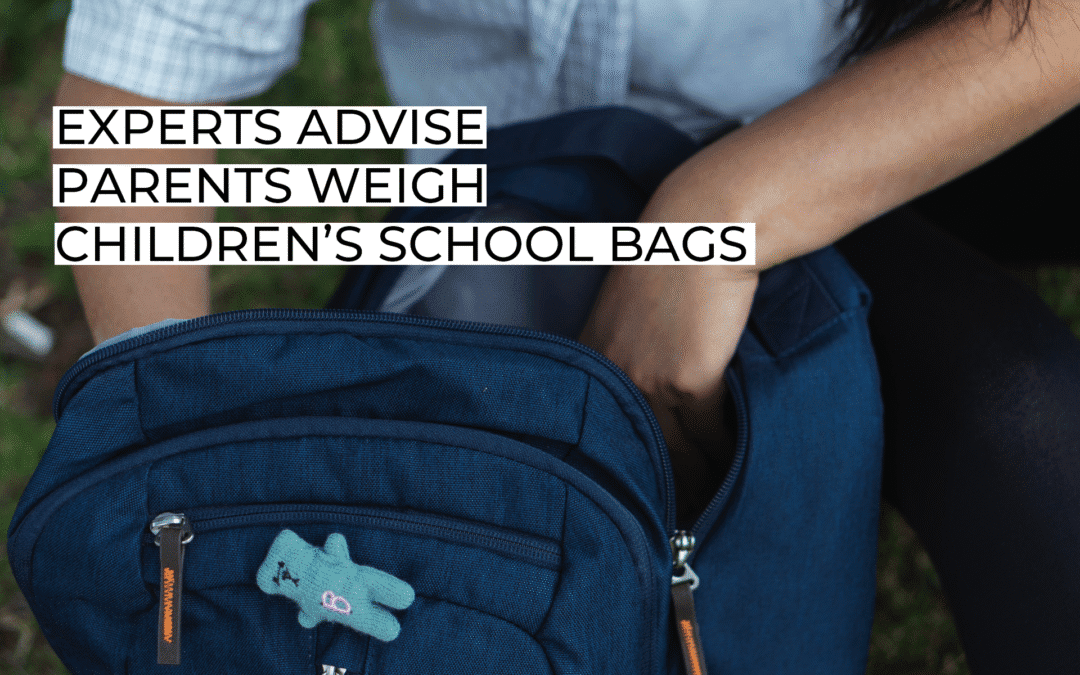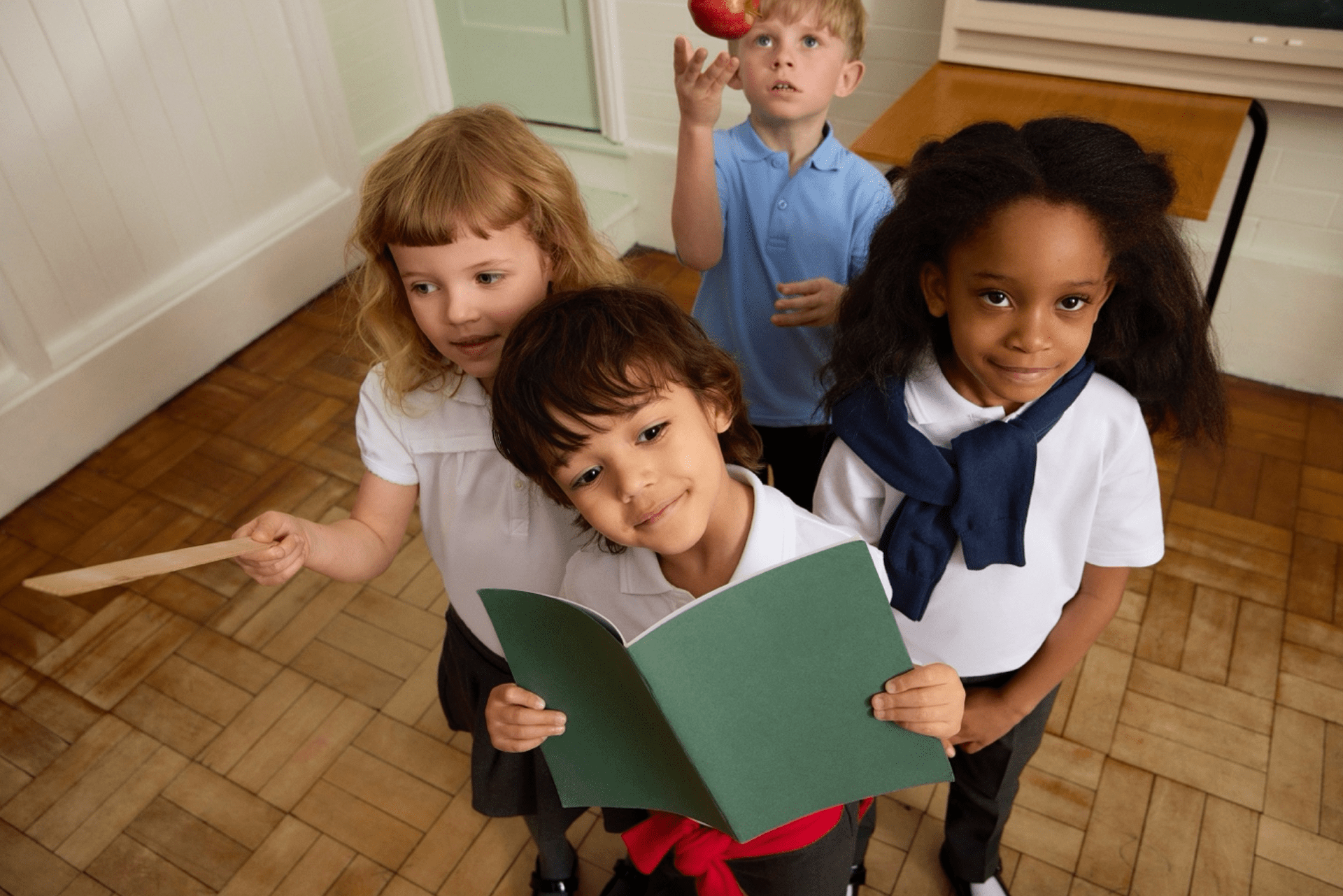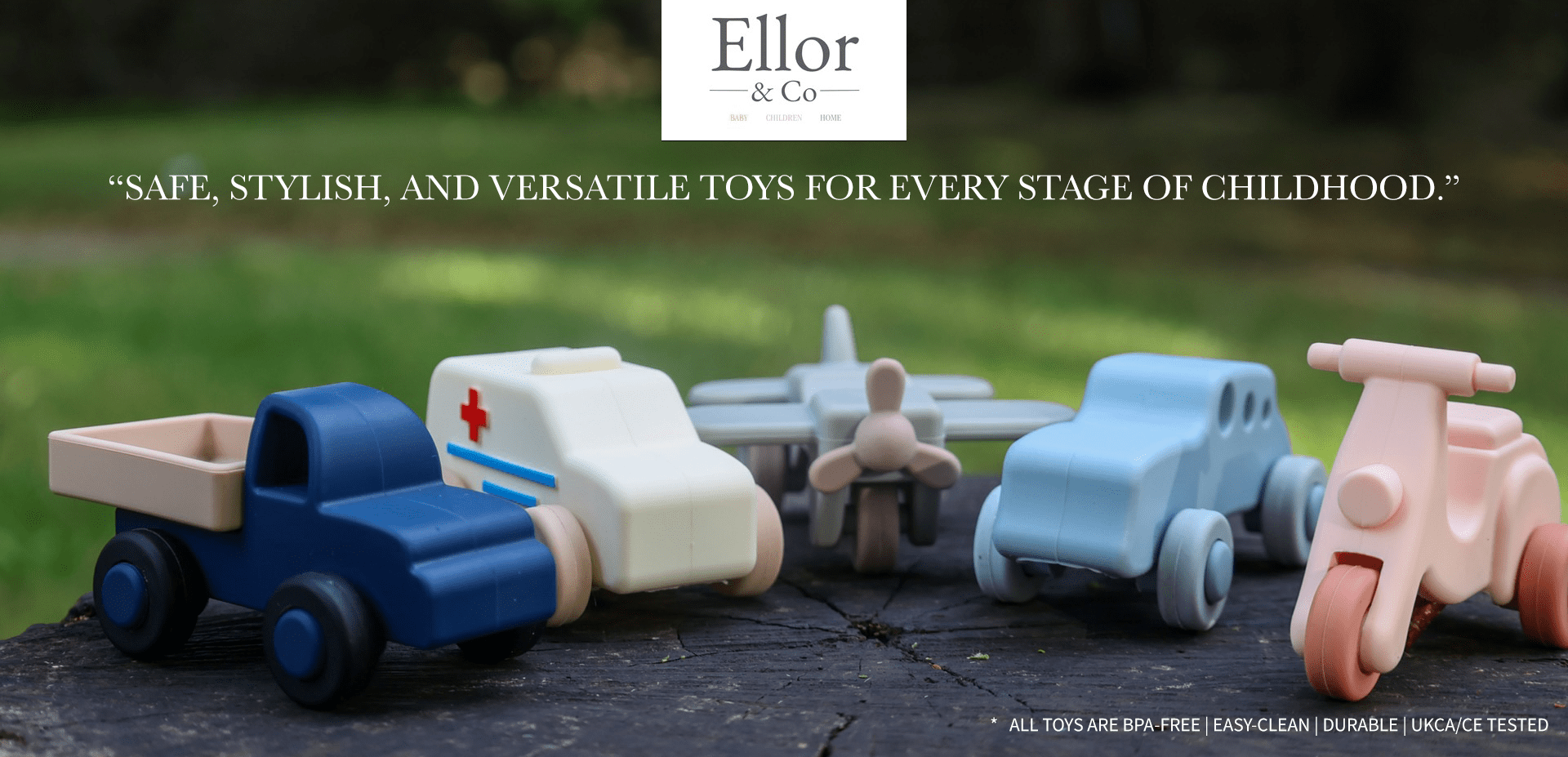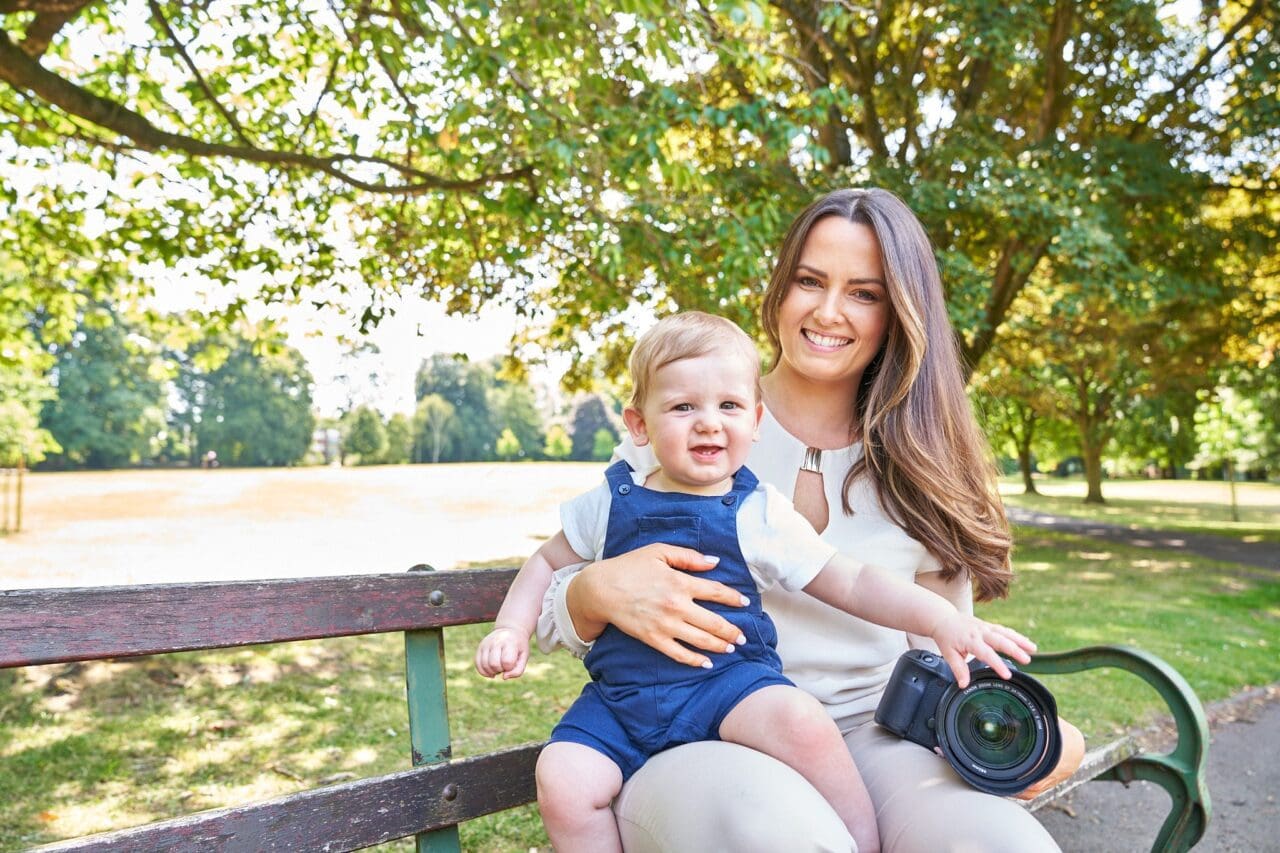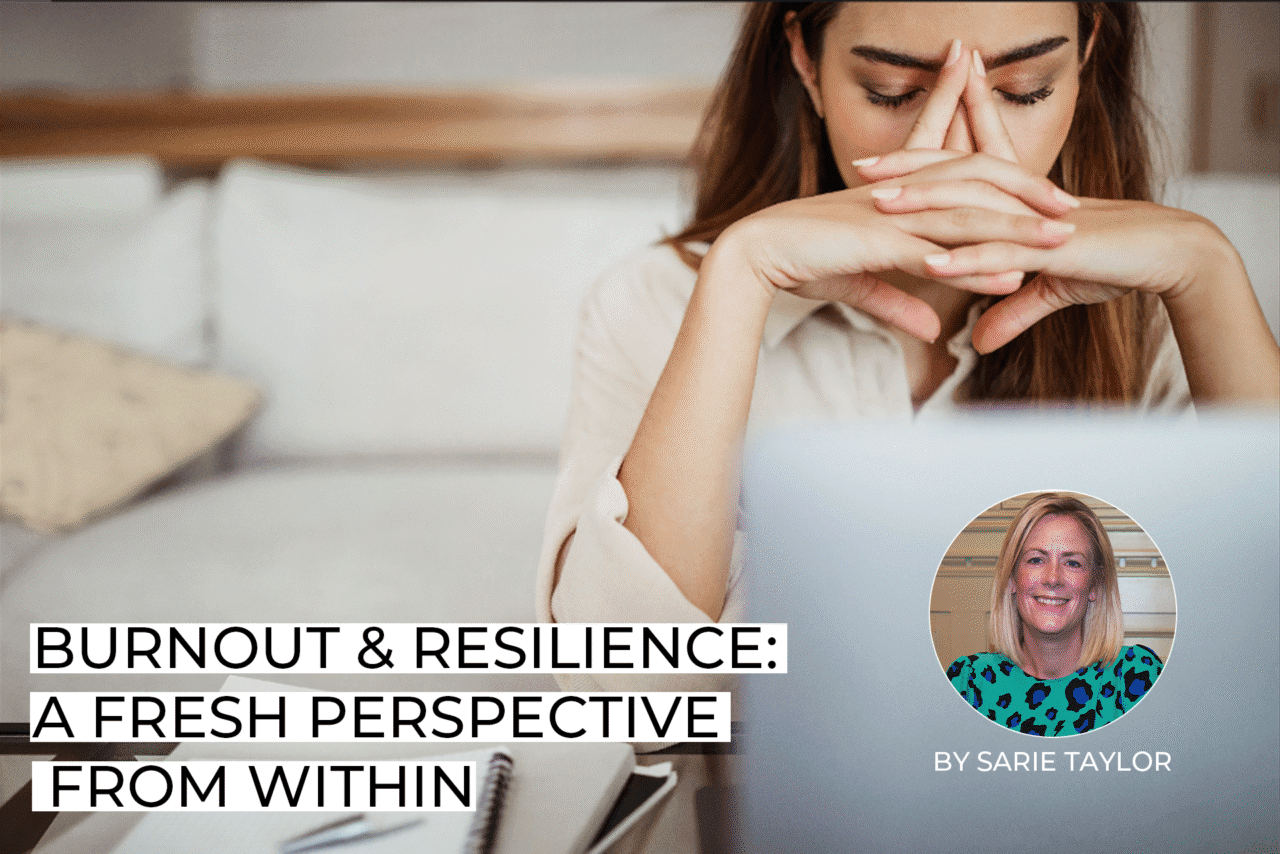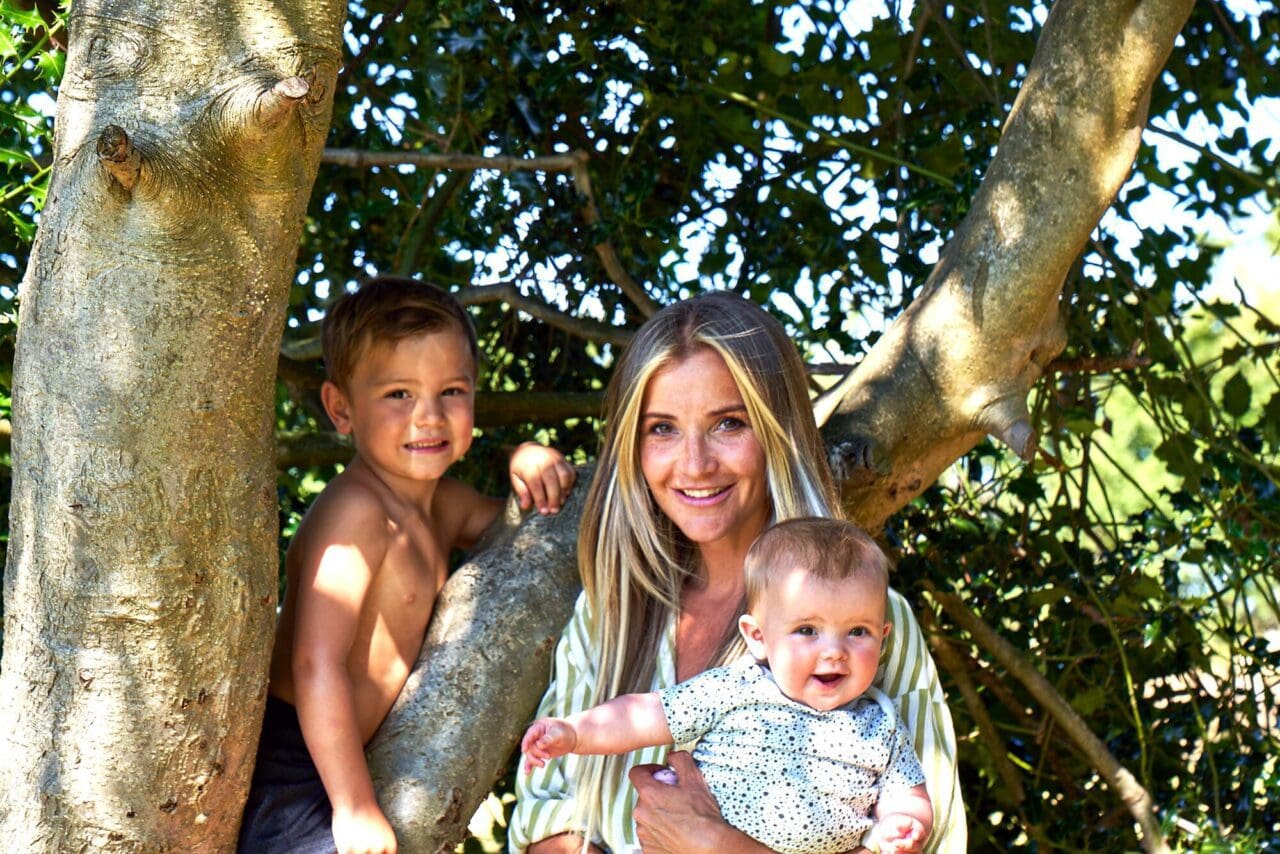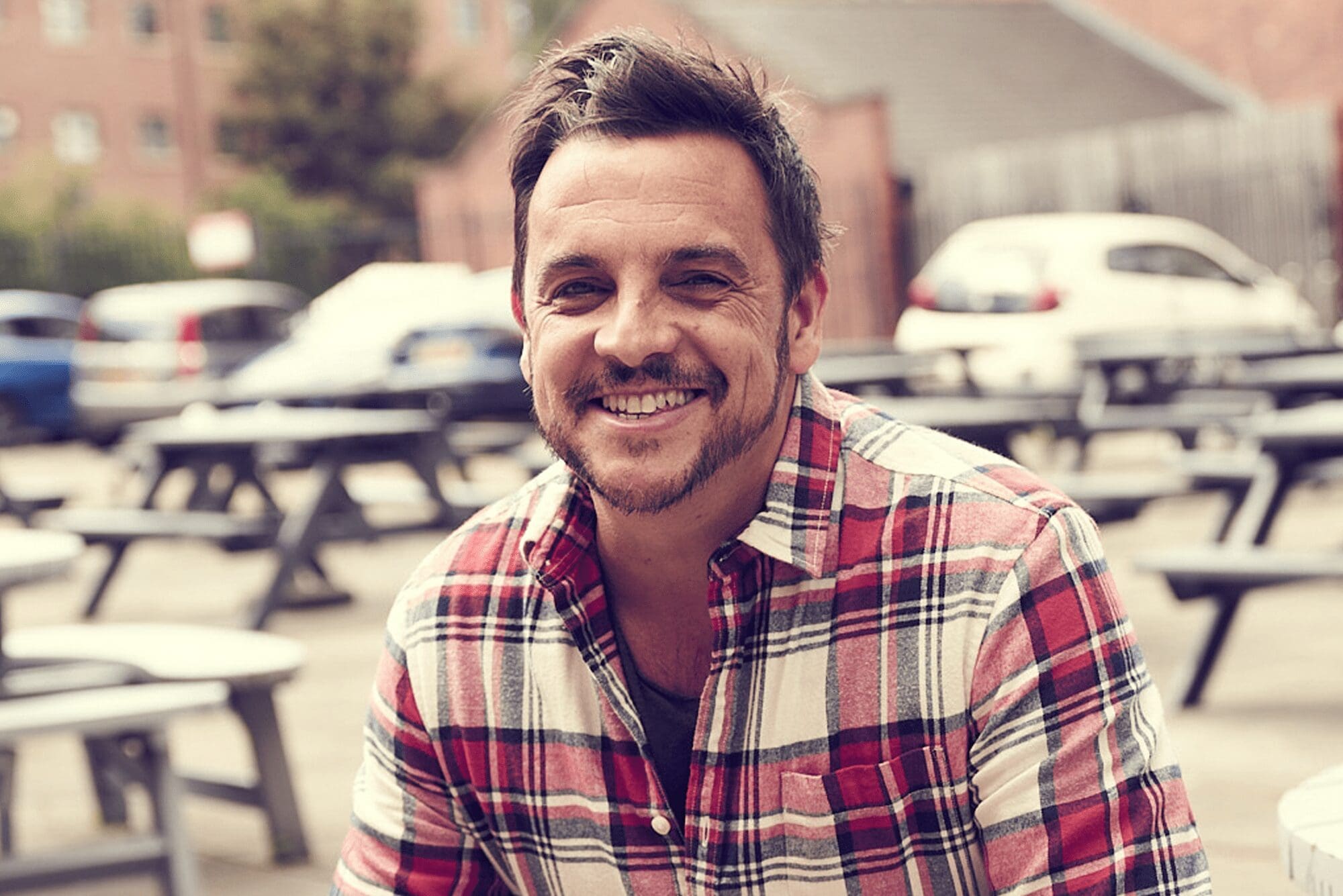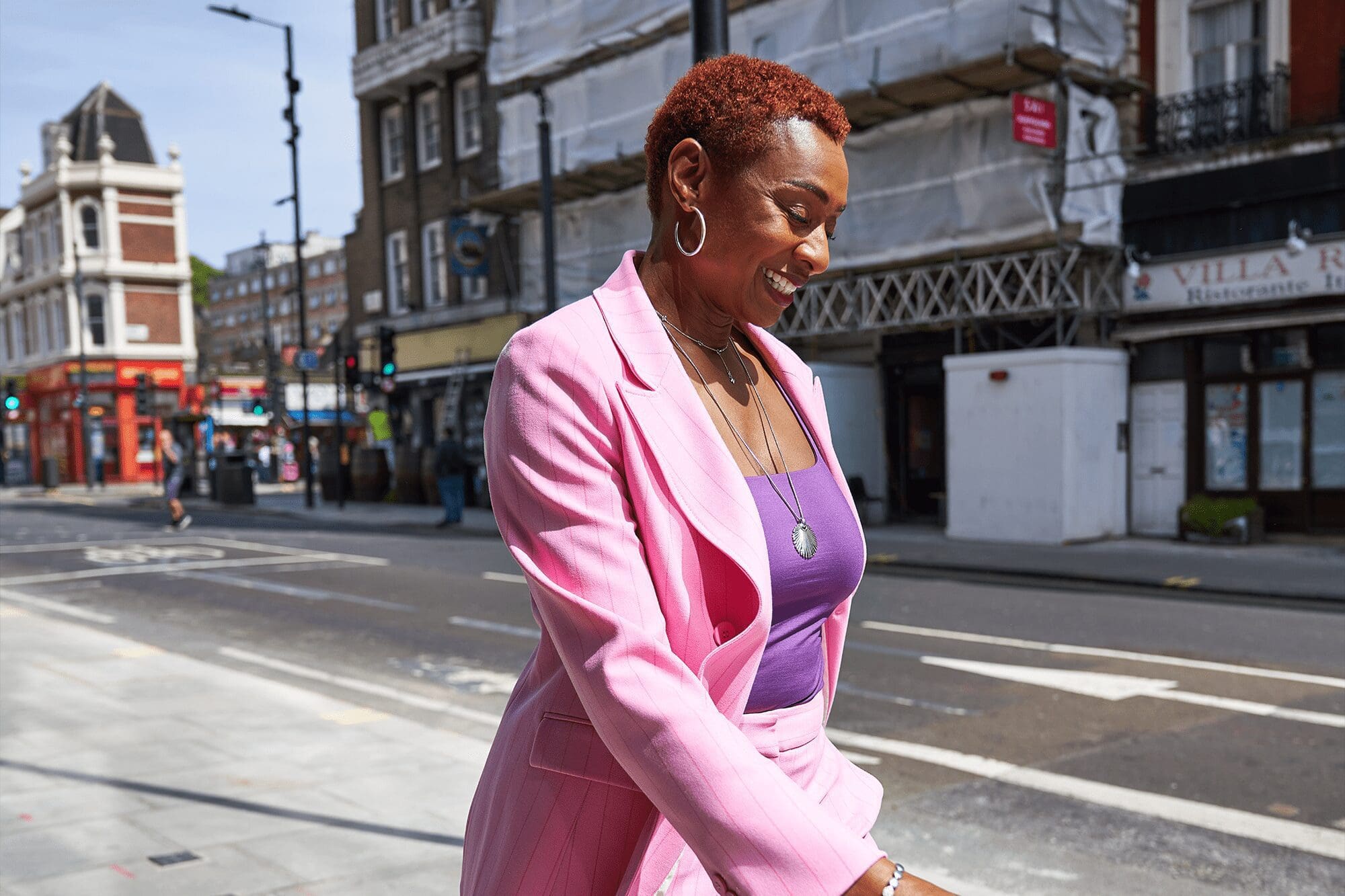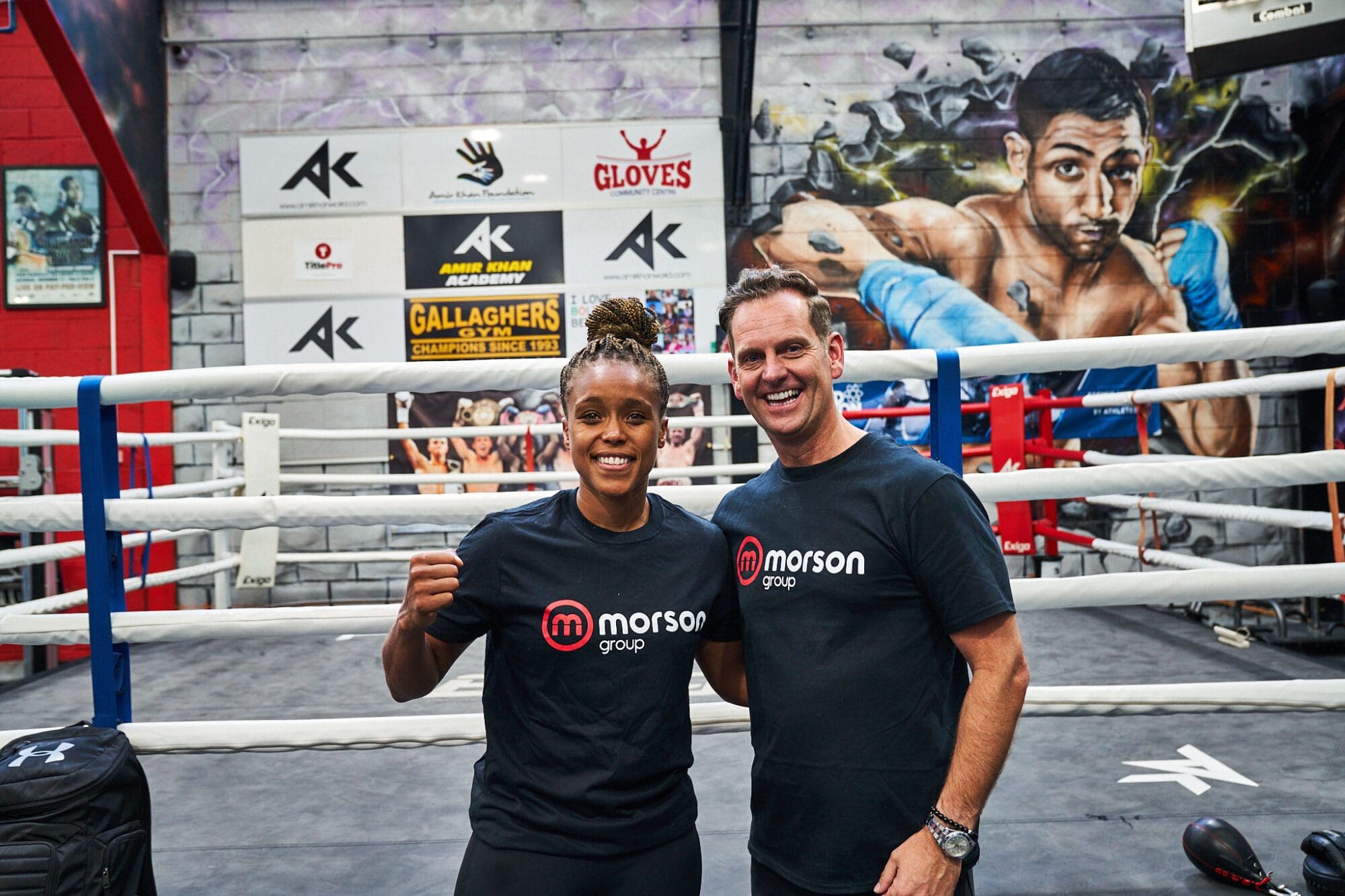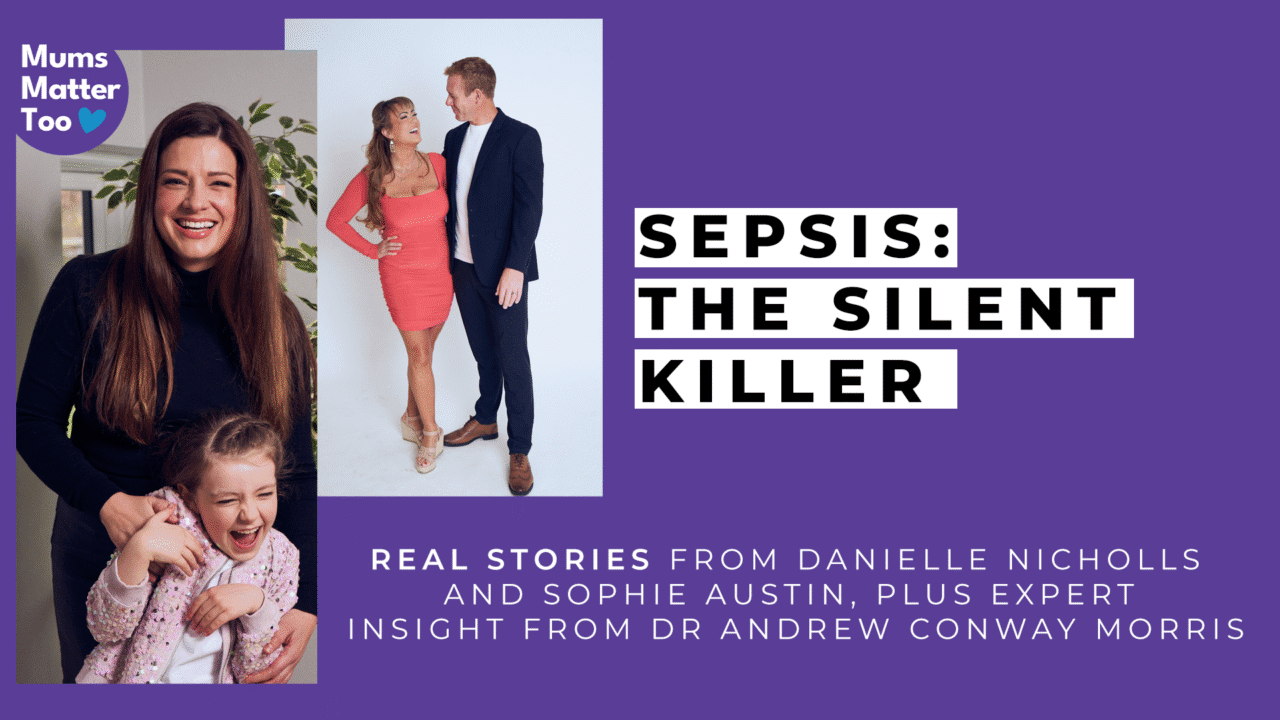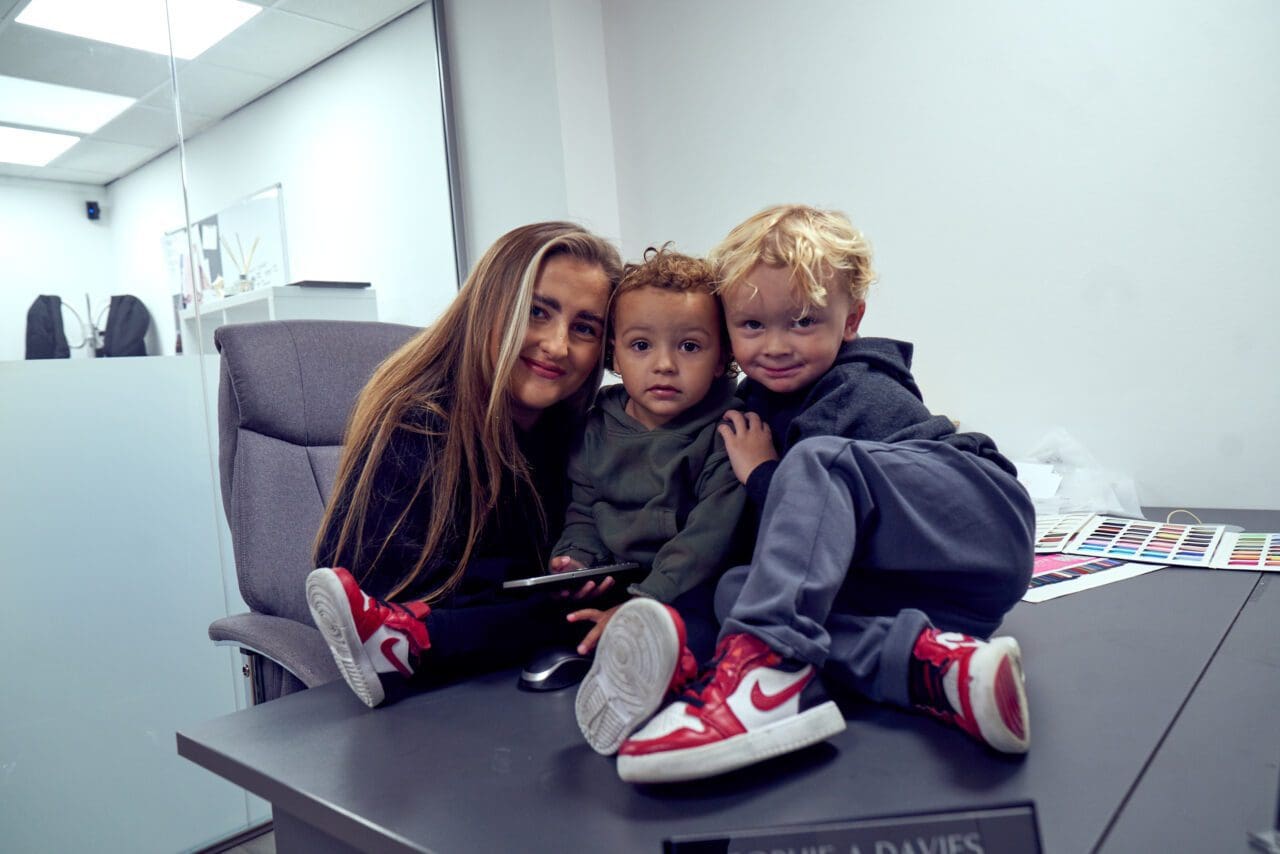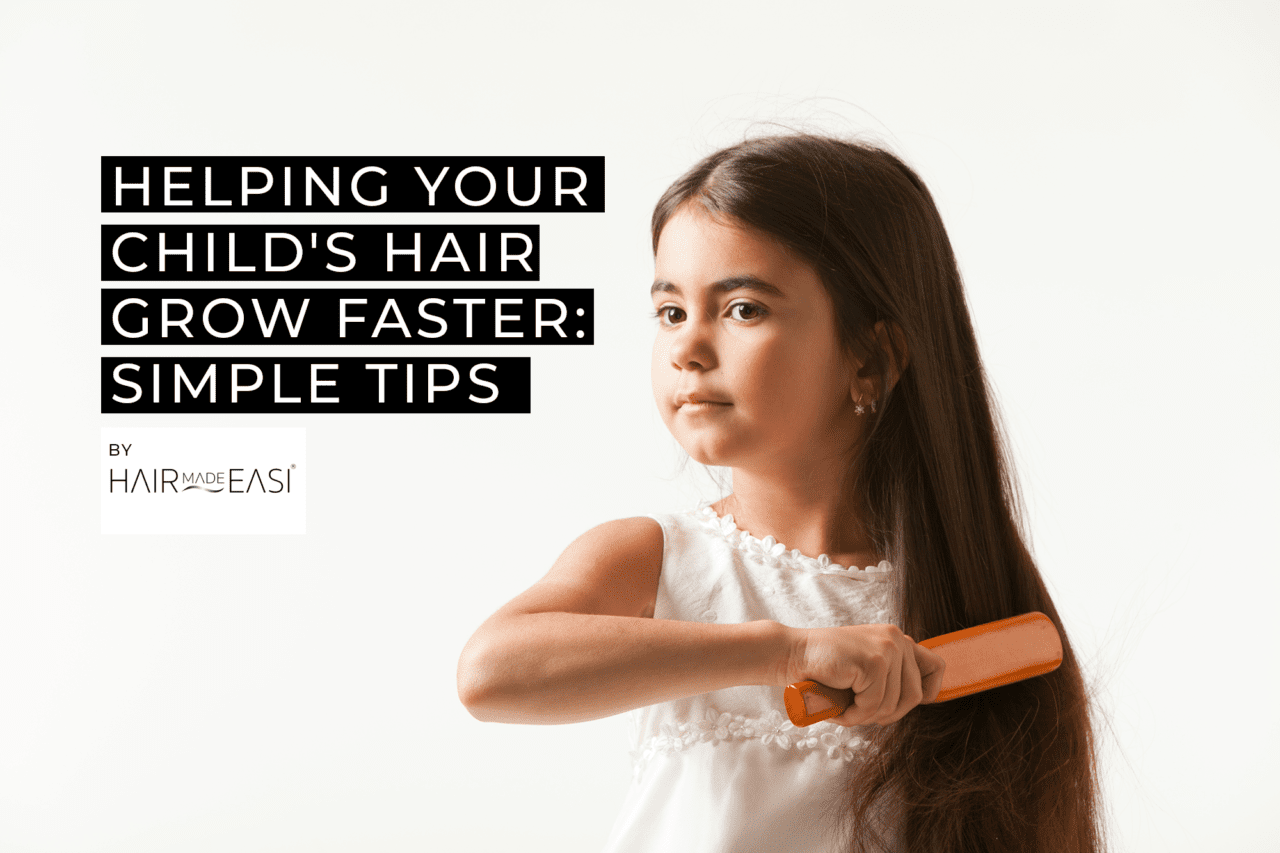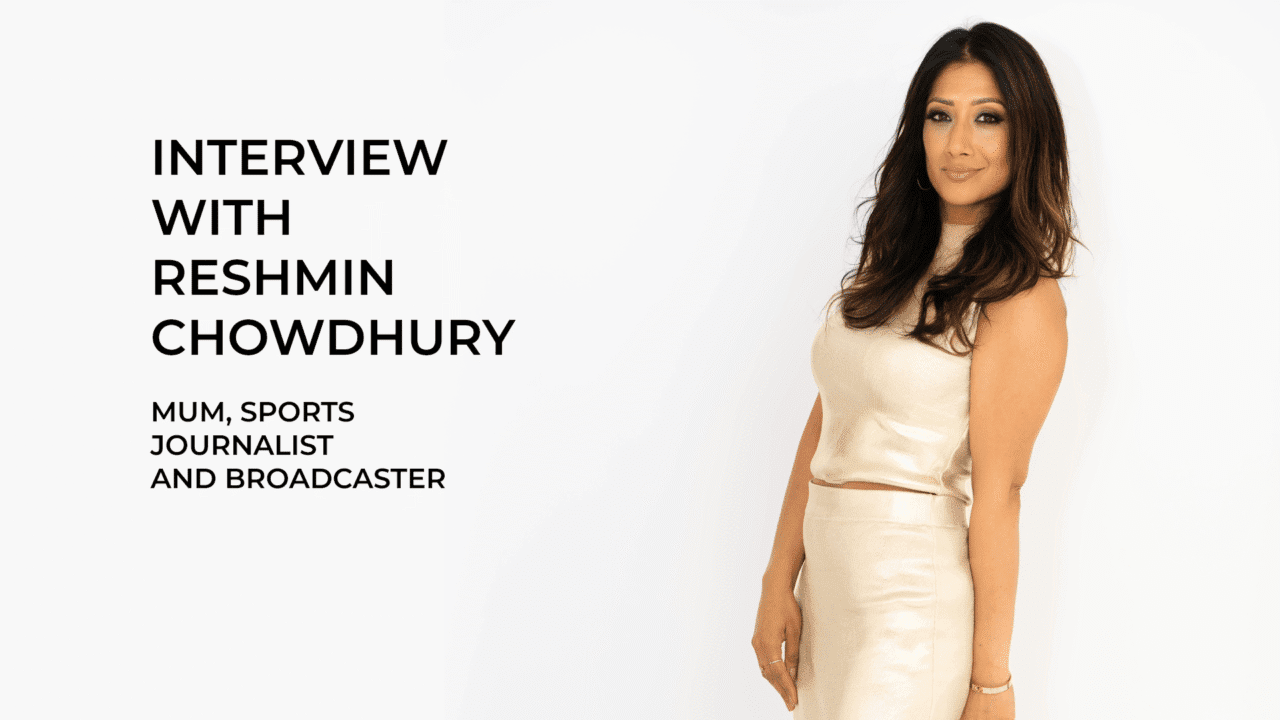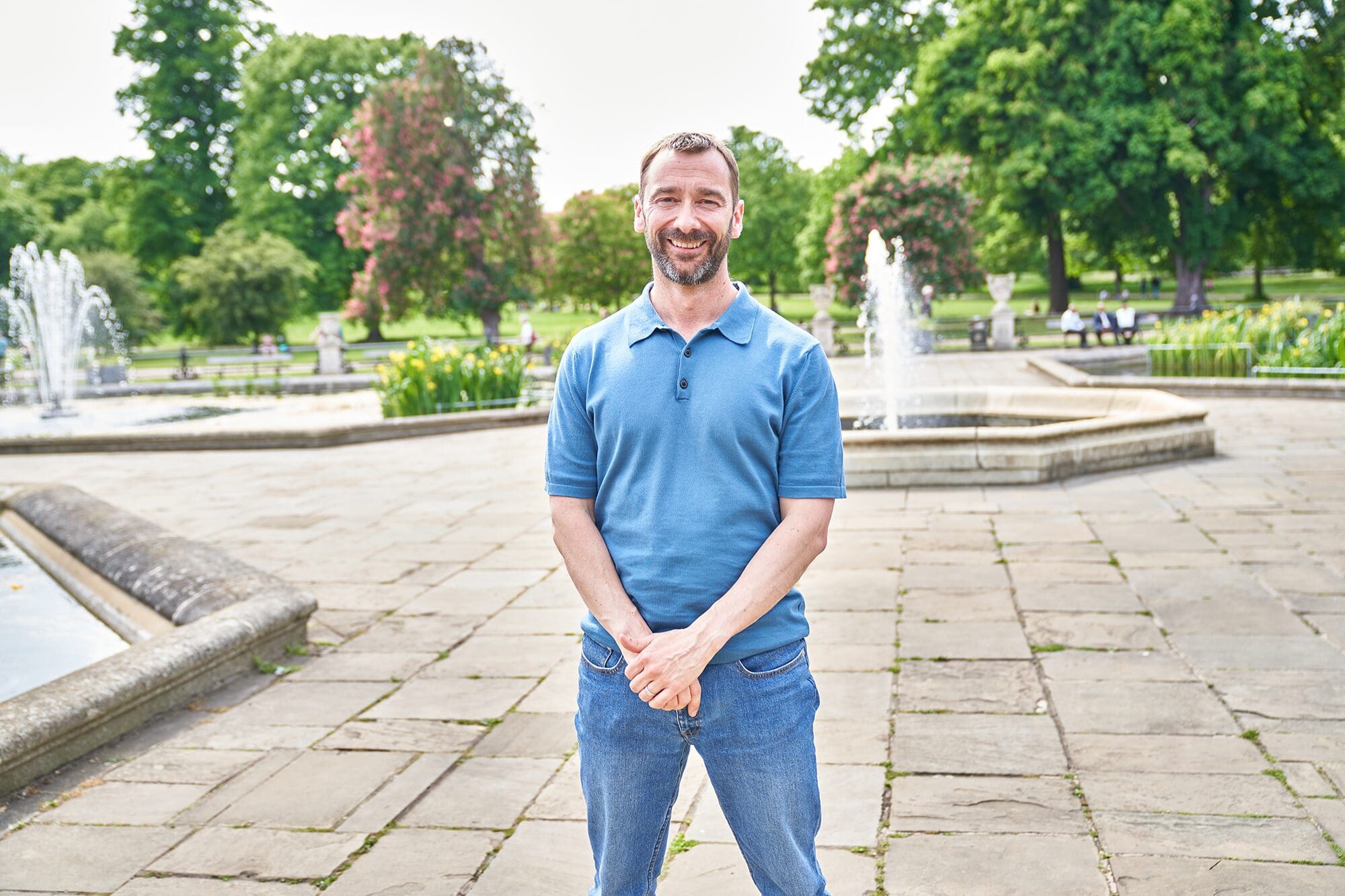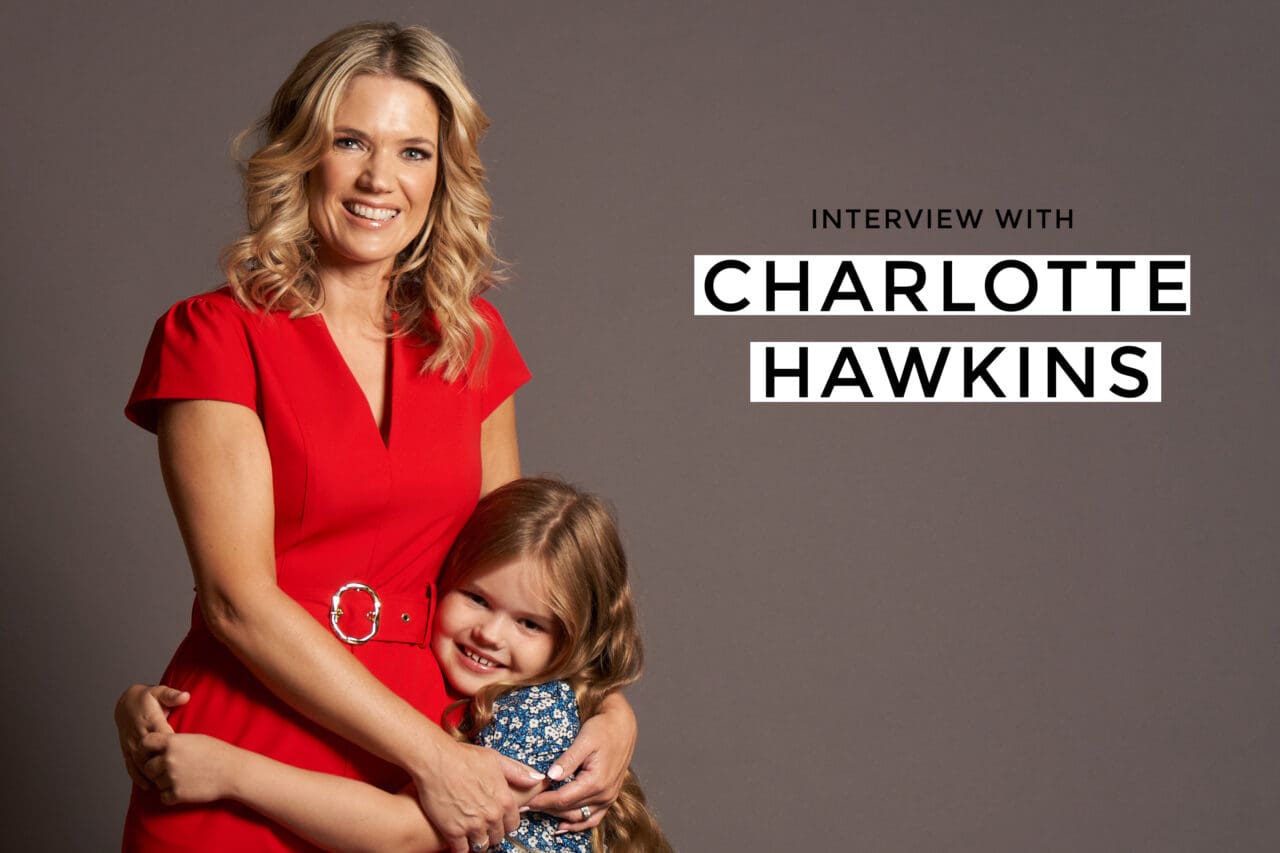

GET CLOSER TO DINOSAURS THAN EVER BEFORE AT JURASSIC WORLD: THE EXHIBITION!
JURASSIC WORLD: THE EXHIBITION We were lucky enough to be invited down for a special preview of Jurassic World:The Exhibition at the Trafford Centre which following its worldwide success came roaring into Manchester this week, and it did not disappoint! We were...

Russell Kane & Lindsey Kane
“IT DOESN’T MATTER WHAT COUPLES IN SOCIETY DO, IF THEY AGREE TO ROLLING AROUND IN THEIR HIPPY BED, LETTING THEIR BABY SUCK ON THEIR T**S UNTIL YOU’RE BOTH 60, IF THAT’S WHAT YOU WANT – NO ONE SHOULD JUDGE ANYONE, I JUST THINK IT’S REALLY IMPORTANT TO AGREE ON HOW YOU WANT TO RAISE YOUR KID BEFOREHAND.”

On Reflection with Jenny Powell
Jenny Powell is one of Britain’s best-loved presenters, bursting into the scene at only 16 years old. The inspiring Mum of two, already had a jam-packed career spanning almost a decade by the time she gave birth to her eldest daughter.
Despite the turmoil in her personal life and adjusting to being a single mum of two, Jenny threw herself into the challenge of live TV and she tells of how having to flip that switch professionally helped her cope mentally.

10 Alternative ways you can level up your performance
Gaining optimum performance in all areas of our life is surely a goal that many of us are all trying to achieve?
Who doesn’t want to look better, feel better physically and mentally, perform better (in all areas!) and have a stronger mindset?
I absolutely do.

Family Friendly Holidays: School Holiday Getaway Inspo
Family Friendly Holiday Inspiration to suit every budget during the school holidays from the team at BROOD Magazine

The ultimate (and actually achievable) skincare routine
If the thought of ‘another thing’ to do sends you into entrepreneurial/parental spasms – you’re not alone. Typically when I see the words ‘Ultimate Skincare Routine’ I think, ‘great, here’s something else to make me feel like I’m not on top of everything’ – am I right?
My advice is different. I promise.
And to put your mind at rest I’m a professionally qualified skin aesthetician who works with an award winning micro-biologist recognised as one of the world’s leading experts in the science of reversing ageing.

A letter to myself: Lisa Morton, business owner and mum of 2
When you run your own business alongside raising your brood, there can be many times where you feel guilty for ‘neglecting’ your children.

Against All Odds – Dean Holden and Danielle Nicholls
When TV presenter Danielle Nicholls married her childhood sweetheart and professional footballer Dean Holden, their life was as near to a fairytale as it gets. After a perfect wedding, Danielle became pregnant on their honeymoon, welcoming a beautiful boy Joey, with their second baby boy, Ellis, arriving only 18 months later. Then the loved up couple completed their family with the arrival of their eagerly awaited princess, Cici, just a few years later.

LUCY MECKLENBURGH – Mum of two, tv star, entrepreneur, wellness expert and property developer
Interview with Lucy Mecklenburgh – a mum of two, tv-star, entrepreneur, wellness expert and property developer

Inspiring and honest Interview with Karina Jadhav & Ben Wilkinson: “I’m still finding it really hard to juggle!”
Inspirational entrepreneur and Mum of two, Karina Jadhav, has continually made waves in the business and hospitality world over the last decade; after first stepping into the hospitality industry in 2010, as a bartender and as a waitress. Then, after years of successfully building businesses, from a food truck to award winning restaurants, Karina has firmly cemented a name for herself within the notoriously challenging sector. In 2015, Karina embarked on her biggest career achievement to date when she launched Menagerie Restaurant and bar, making her the north west’s youngest independent female business owner.

